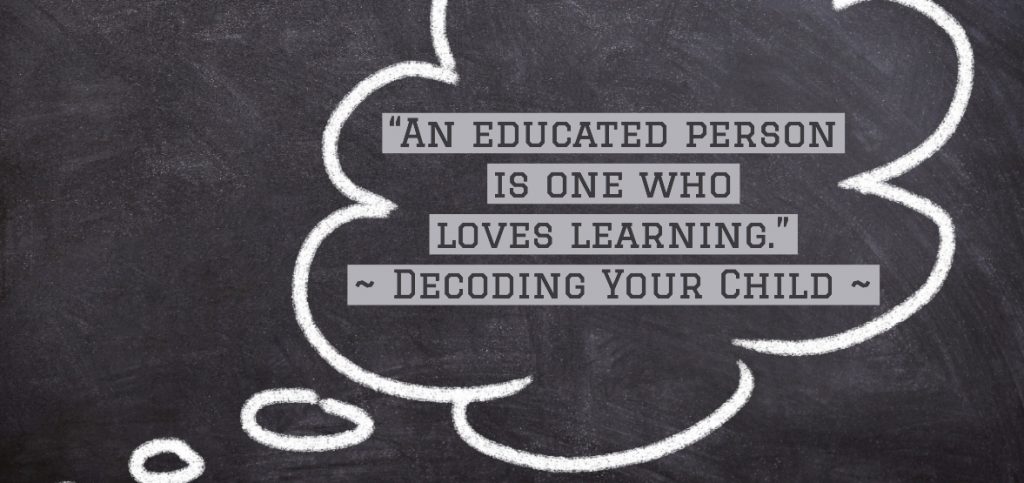Just watched the Netflix series “Adolescence” in one sitting with some parents today.
“”Adolescence” tells the story of how a family’s world is turned upside down when 13-year-old Jamie Miller (Owen Cooper) is arrested for the murder of a teenage girl who goes to his school.” (Netflix)
The film was based on a growing trend of knife crimes committed by young boys against girls. It became one of the most powerful, thought provoking films for parents and society in general.
I must say it was an amazing film to say the least. The one-take-one-episode filming technique was astounding. But what was more breathtaking was the list of questions raised by the film. And at the end of it, the film leaves us gasping for breath as we reflect on how we have parented and feel the weight of whether we could have done better. While this is a fictional film, viewers have a sinking feeling that reality is not far from it.
Some obvious questions the film would lead us to ask:
1) Is that how school is like for our children where the teachers are overwhelmed and the students are mean?
2) Is bullying that prevalent in schools?
3) What can be done to change the dystopian toxic environment that schools have become?
4) Is social media wrecking that much havoc in our teens’ lives?
Life used to be so simple during my time when I was a teen. The terrain our children need to navigate now is so much more treacherous. As parents, what can we do about things we have no experience in? How can we help our children?
The film offers no solution and no strategy. But if there is one thing that we can learn from the film, it is this. When our children fall, we MUST be their pillar of support. We cannot reject them, or throw stones at them. The reason is simple. Our children’s sense of self worth is most vulnerable when they make mistakes or when they fail. And THAT is the time they need us the most.
In “Adolescence”, we see Jaime (the accused murderer) asking if the clinical psychologist liked him. His craving to be liked was pulpable. Why would he need that approval? It’s because he believed his dad, the person whom he idolised, was ashamed of him. How do we know that? Because his dad would avoid eye contact with him when he messed up at soccer, because his dad flinched and avoided Jaime’s touch in the interview room when evidence was being presented.
When our children feel rejected by us when they fail, they will not share their failures with us, nor will they share the challenges they face with us. Why? Because they believe it will make us reject them even more. They will do everything in their power to hide their weaknesses as well as their inability to overcome their challenges. And sometimes, that can lead to disastrous outcomes.
Very frequently, children are told and assured they can go to their parents when they are in trouble. But based on the children’s experience, every time they messed up, or make a mistake like break a bowl, for instance, their parents would come down hard on them. Who in their right mind will willingly share their problems with someone whom they know would go ballistic? Can we really blame the children for not sharing with us the challenges they encounter?
That is the reason why we parents must learn to take our children’s mistakes in stride. Keep calm, solve the problem together, then teach. Let them feel they are not alone, that we will walk with them, especially when the going gets tough. It’s only when they trust us that they will share their vulnerabilities with us.
No one ever said parenting is easy. But it can get easier when our connection with our children is strong and they feel safe with us. Getting there takes a lot of time and effort, but it is well worth it.
Remember to take a deep breath. Create a space to choose an appropriate response to their mistakes. Build bridges, build trust. Build connection.
Here’s resharing 2 posts I shared about the times my children messed up big time.
Happy Parenting!





